Faculty
The European Studies courses are taught by distinguished scholars with international teaching experience. The faculty consists of tenured professors from the University of Vienna as well as professors from other renowned universities and leading experts from institutions such as the Austrian Central Bank and the EU Commission.
The German language courses are taught by native speakers who studied to become German instructors with a special education in teaching German as a foreign language.
I have never met such experienced professors in my life before."
Mirgul Karimova (Kyrgyzstan)
Bo-Mi Choi
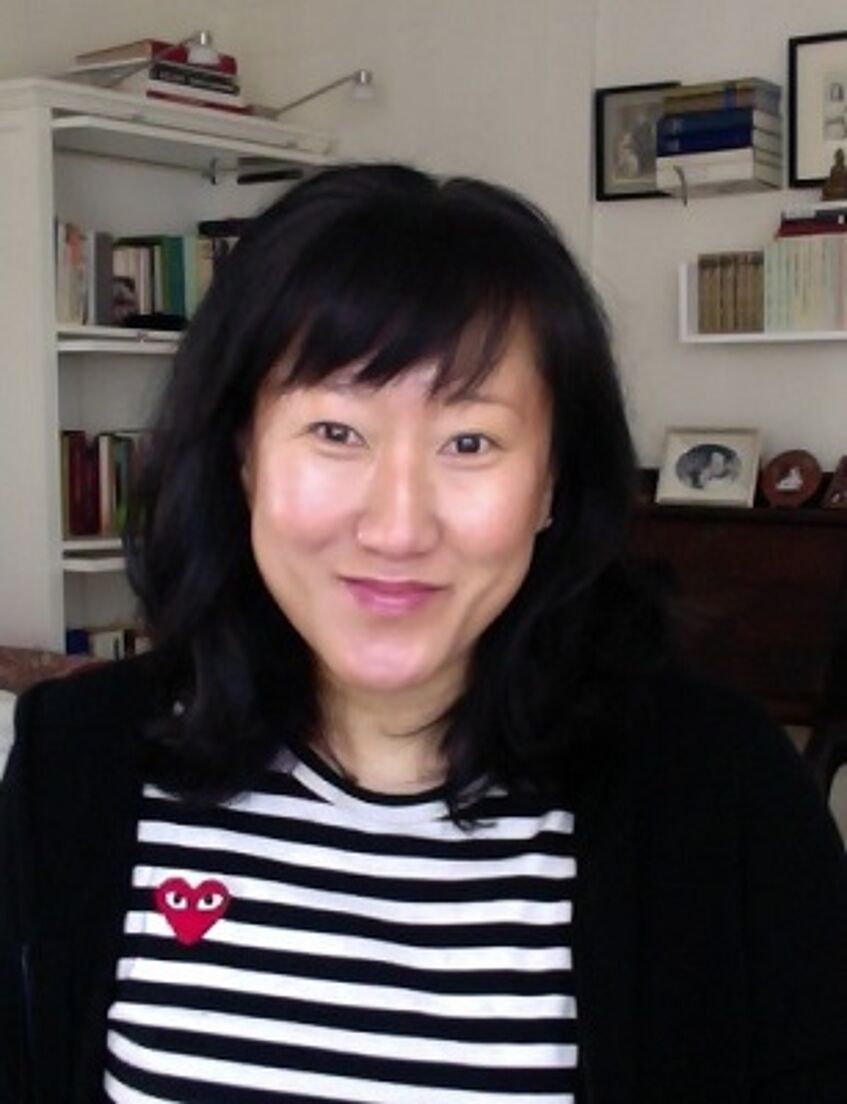
Bo-Mi Choi
Bo-Mi Choi
Preceptor and lecturer on the Committee of Degrees in Social Studies at Harvard University; studied law at Universität Hamburg; B.A. in Philosophy from Calvin University; received Ph.D. in Modern Intellectual European History from the University of Chicago, where she taught in the Social Science core curriculum; teaches critical and social theory and continental philosophy at Harvard University; worked as Senior Producer of the Vienna Project at Harvard University and served as Director of the Digital Law Learning Lab (dL3) at the Law Institute of the BOKU Wien.
Film and production credits: The Burning Child (documentary feature / 2018) and The Dream of the Burning Child (animated short / 2013).
Nikolaus Forgó
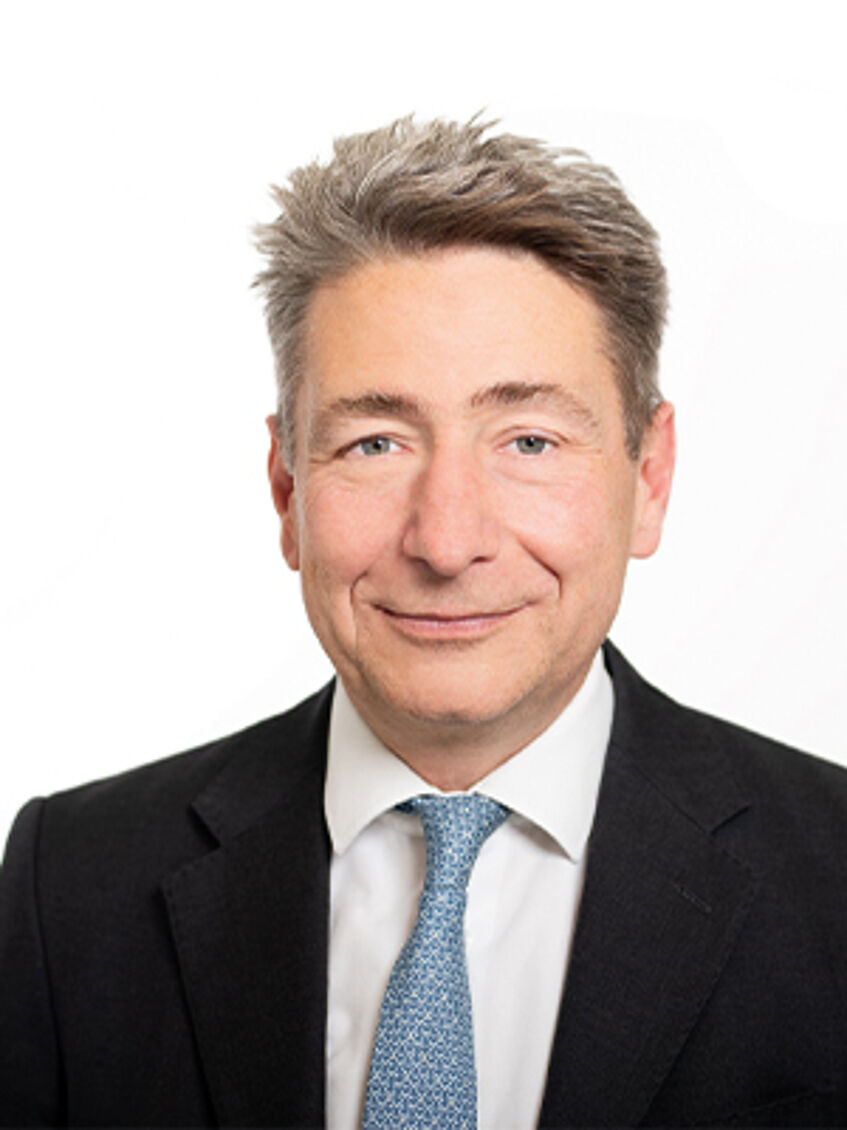
Nikolaus Forgó (© Barbara Mair)
Nikolaus Forgó
Professor of Law, Head of Department of Innovation and Digitalisation in Law, University of Vienna; head of the LLM-program on information and media law at the University of Vienna; expert member of the Austrian Data Protection Board and the Austrian AI Advisory Board.
Selected Publications: together with Prainsack B.: Why paying individual people for their health data is a bad idea comment. in: Nature Medicine (2022 October); co-author of: White Paper: Data Solidarity. The Lancet & Financial Times Commission (2022); together with Hutter K. and Serentschy G.: Überlegungen zu einer Digital Policy und Regulierung aus einem Guss: Welche Governance braucht Österreich auf dem Weg zur Innovationsführerschaft? (2023); co-author of: Big Data, AI, and Health Data: between National, European, and International Legal Frameworks. in: Zwitter A., Gstrein O., Hrsg.: Handbook on the Politics and Governance of Big Data and Artificial Intelligence (2023); together with Prainsack B.: New AI regulation in the EU seeks to reduce risk without assessing public benefit. In: Nature Medicine (2024 May); co-author of: A national evaluation analysis and expert interview study of real-world data sources for research and healthcare decision-making. in: Nature (2024 April).
Ernest Gnan

Ernest Gnan
Ernest Gnan
Secretary General, SUERF – The European Money and Finance Forum; Honorary Economic Advisor to the Governor of the Oesterreichische Nationalbank; head of the OeNB’s Economic Analysis Division between 1999–2022; member of the European Central Bank’s Monetary Policy Committee from 2000–2022, and for over a decade expert member of the Austrian Fiscal Council; between 2010–2018 alternate member of the Austrian Competition Commission; giving numerous lectures on macroeconomics, monetary policy, EMU, European integration, and the financial and sovereign debt crisis; for several years adjunct professor at Webster University Vienna and lecturer at the German Association for Financial Analysts; since 2005, lecturer at the University of Vienna, and since 2006 lecturer at the Austrian Academy of Accountants; in 2019, awarded the title Professor by the President of the Republic of Austria in recognition of his contributions to science and research.
His publications cover monetary policy; central banking; inflation and inflation expectations; macroeconomic imbalances; financial markets, banking and financial regulation; globalisation; economic growth; economic, institutional and legal aspects of EMU; exchange rate policy, the European and international monetary system, banking and finance.
Ursula Kriebaum
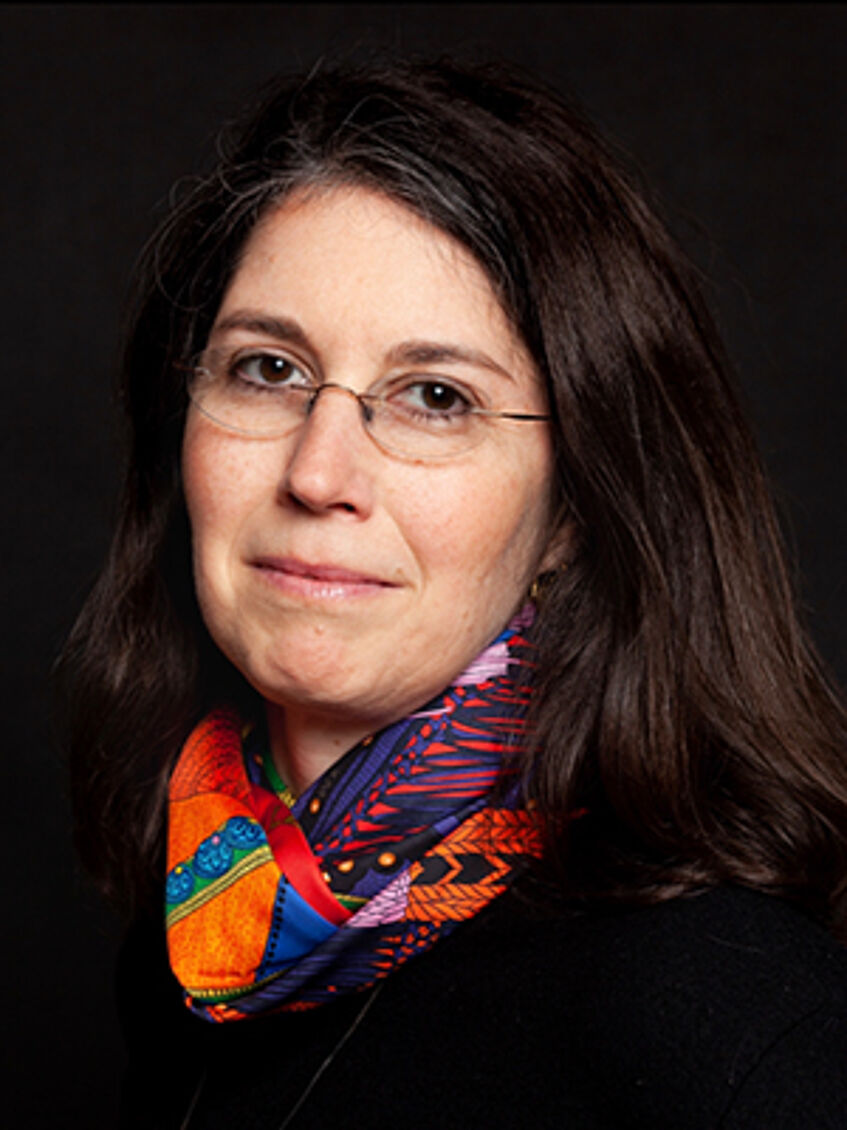
Ursula Kriebaum (© Marlene Rahmann)
Ursula Kriebaum
Professor of Public International Law at the University of Vienna; staff member in the office of the legal adviser of the Austrian Ministry of Foreign Affairs (2000, 2001); legal expert in the team of the Austrian Special Envoy for Holocaust Restitution Issues (2000, 2001); delegate to the UN Preparatory Committee for an International Criminal Court; short term expert in an EU Twinning Project; nomination by the Austrian government for the election of the Austrian judge to the European Court of Human Rights election in 2007; legal expert in various investment arbitrations and human rights cases; member of the Permanent Court of Arbitration (since 2014); member of the Panel of Arbitrators under the Agreement on the Withdrawal of the United Kingdom of Great Britain and Northern Ireland from the European Union; member of the Panel of Conciliators maintained by the International Centre for Settlement of Investment Disputes; alternate member of the Court of Conciliation and Arbitration within the OSCE (since 2013); member of the Arbitration panel for the Protocol on Cultural Cooperation to the Free Trade Agreement between the European Union and its Member States and the Republic of Korea.
Selected Publications: Folterprävention in Europa. Die Europäische Konvention zur Verhütung von Folter und unmenschlicher oder erniedrigender Behandlung oder Bestrafung (2000); Eigentumsschutz im Völkerrecht. Eine vergleichende Untersuchung zum internationalen Investitionsrecht sowie zum Menschenrechtsschutz (2008); together with R. Dolzer and C. Schreuer: Principles of International Investment Law (2022) as well as several articles on International Human Rights Law and International Investment Law.
Sylvia Kritzinger
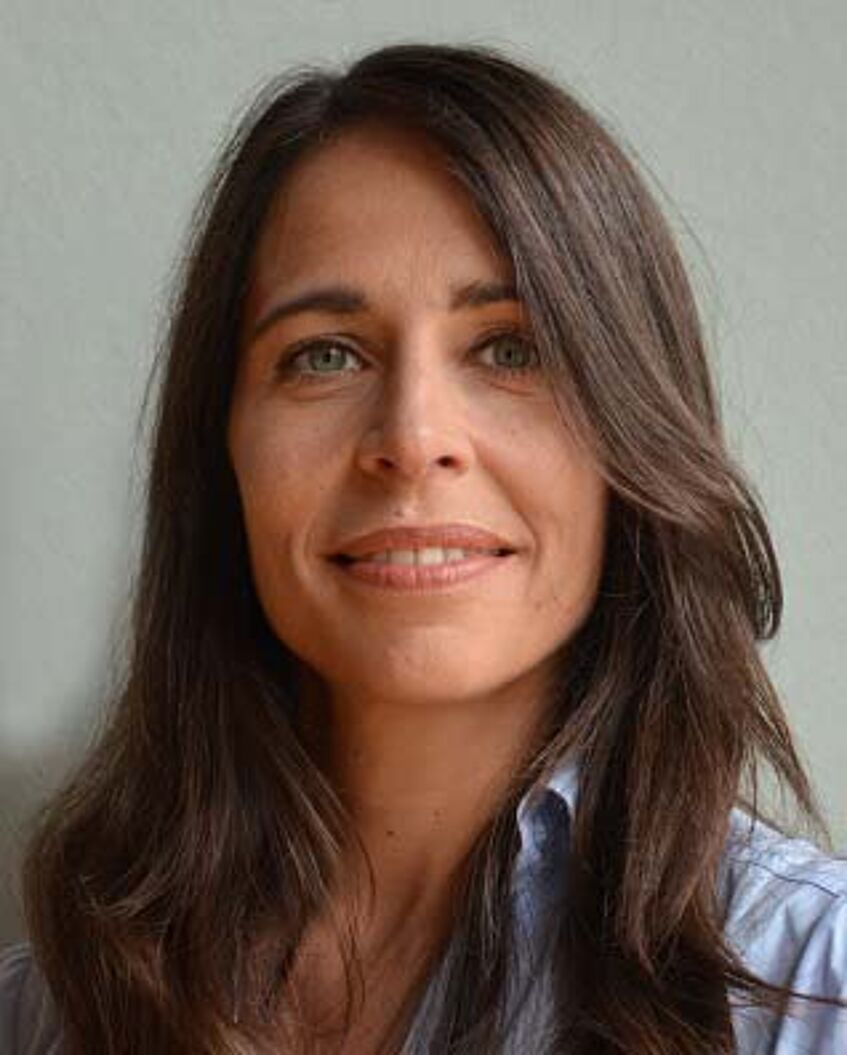
Sylvia Kritzinger (© SHS)
Sylvia Kritzinger
Professor for Methods in the Social Science at the Department of Government (University of Vienna); Director of the Research Centre Vienna Centre for Electoral Research (VieCER); Principal Investigator of the Austrian National Election Study (AUTNES - Demand Side); Project Director of Digitize! Computational Social Sciences in the Social and Digital Transformation and the Research Network Interdisciplinary Research into Values; former Assistant Professor at the Institute for Advanced Studies (IHS-Vienna); former Lecturer at the Department of Political Science, Trinity College, Dublin.
Selected Publications: together with W. Lutz and V. Skirbekk: The Demography of Growing European Identity (2006); together with M. Wagner and D. Johann: Voting at 16: Turnout and the Quality of Vote Choice (2012); together with J. Aichholzer, M. Wagner and E. Zeglovits: How has radical right support transformed established political conflicts? The case of Austria (2013); together with S.A. Banducci and H. Giebler: Knowing More from Less: How the Information Environment Increases Knowledge of Party Positions (2017); together with D. Johann, K. Kleinen-von Königslöw and K. Thomas: Intra-Campaign Changes in Voting Preferences: The Impact of Media and Party Communication (2018); together with C. Plescia, K. Raube, J. Wilhelm and J. Wouters: Assessing the 2019 European Parliament Elections (2020); together with J. Partheymüller and C. Plescia: Misinformedness About the European Union and the Preference to Vote to Leave or Remain (2022); together with T. Bernauer, D. Jahn, P.M. Kuhn and S. Walter: Einführung in die Politikwissenschaft (2022).
Claudia Kwapil

Claudia Kwapil (© Oesterreichische Nationalbank)
Claudia Kwapil
Studied economics in Vienna (Mag.a from the University of Vienna, 1997) and in London (MSc from the London School of Economics and Political Science, 2002) and finished her PhD at the University of Economics and Business in Vienna in 2011; currently she holds the position of a Senior Principal Economist at the Monetary Policy Section and Cousel to the Board of the Oesterreichische Nationalbank (Central Bank of Austria); her fields of interest include monetary policy transmission, monetary policy implementation and nominal rigidities (rigid interest rates, rigid wages, rigid prices).
Selected Publications: together with S. Fabiani et al.: Wage Rigidities and Labor Market Adjustment in Europe, In: Journal of the European Economic Association, 8 (2010); together with J. Scharler: Expected Monetary Policy and the Dynamics of Bank Lending Rates, In: International Review of Economics and Finance, 27 (2013); together with K. Rieder: The effects of the monetary policy response to the COVID-19 pandemic: preliminary evidence from a pilot study using Austrian bank-level data, In: Monetary Policy & the Economy Q4/20–Q1/21 (2021); together with R. Ferstl and B. Graf: The pass-through of policy interest rates to bank retail rates in Austria, In: Monetary Policy & the Economy Q4/23 (2023).
Andrea Lenschow
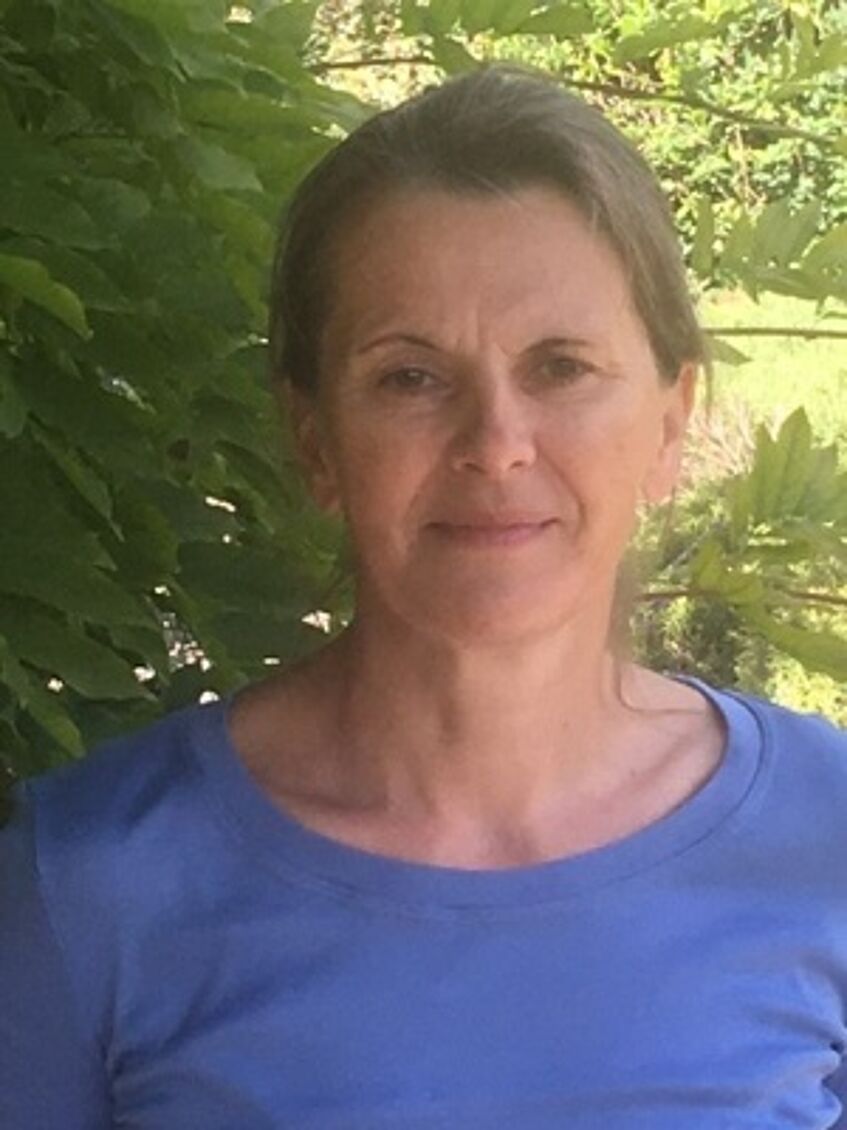
Andrea Lenschow (© Jana Rülke)
Andrea Lenschow
Professor of political science at Osnabrück University; received her PhD from New York University; worked in postdoctoral positions at Erasmus University in Rotterdam, the European University Institute in Florence and at Paris Lodron University in Salzburg; joined the faculty at Osnabrück University in 2003 and works on environmental policy and governance issues in the European Union and with regard to global commodity flows; since 2022 appointed Vice President for International Affairs, Diversity and Academic Staff Development at Osnabrück University; published in major university presses and in high-ranking journals.
Selected Publications: Environmental Policy Contending Dynamics of Policy Change, in: H. Wallace, M. A. Pollack and A. R. Young eds.: Policy Making in the European Union (2014); together with J. Pollex: Surrendering to growth? The European Union's goals for research and technology in the Horizon 2020 framework, in: Journal of Cleaner Production, Vol. 197 (2018); together with J. Pollex: Many faces of Dismantling: Hiding policy change in non-legislative acts in EU environmental policy, in: Journal of European Public Policy, Vol. 27/No. 1 (2019); together with A. R. Zito and C. Burns: The future of European Union Environmental Politics and Policy (2020); together with A. R. Zito and C. Burns: Symposium Introduction: Dismantling, disintegration or continuing stealthy integration in European Union environmental policy? in: Public Administration, Vol. 98/Issue 2 (2020); together with J. Pollex: Sustainable development in action: European Union. In: Duncan Russel and Nick Kirsop-Taylor (eds.). Handbook on the Governance of Sustainable Development. Edward Elgar Publishing, pp. 259-273 (2022); together with A. Schilling‐Vacaflor: Hardening foreign corporate accountability through mandatory due diligence in the European Union? New trends and persisting challenges. Regulation & Governance, 17(3), pp. 677-693 (2023); together with J. Pollex J. When talk meets actions – return to Commission leadership in EU environmental policy-making with the European Green Deal, Journal of European Public Policy, 32(9), pp. 2197-2222 (2025); Environmental Policy: Contending Dynamic of Policy Change. In: H. Wallace, M. Pollack, and A. Young (eds.). Policy Making in the European Union. 9th edition (2025).
Franz-Stefan Meissel

Franz-Stefan Meissel
Franz-Stefan Meissel
Professor of Roman Law and History of European Private Law, University of Vienna; Visiting Professor at the Université Paris Cité and Professorial Lecturer at the Diplomatic Academy in Vienna; Director of the Sommerhochschule; Vice Dean of the University of Vienna School of Law; Speaker of the University of Vienna Advanced Research School in Law and Jursiprudence (Ars Iuris Vienna); chief editor of the Online Journal University of Vienna Law Review; since 2023 elected member of the Academia Europaea.
Selected Publications: Societas (2004, Premio Boulvert 2004); together with N. Benke: Textbooks on the Roman Law of Obligations (2021) and the Roman Law of Property (2024); co-author of: Nationalsozialistisches Steuerrecht und Restitution (2006); Le Code civil autrichien. Un autre bicentenaire (2015); Privatrecht in unsicheren Zeiten. Zivilgerichtsbarkeit im Nationalsozialismus (2017); Grundbegriffe der Rechtswissenschaften (5th ed. 2023).
Leopold Micheler
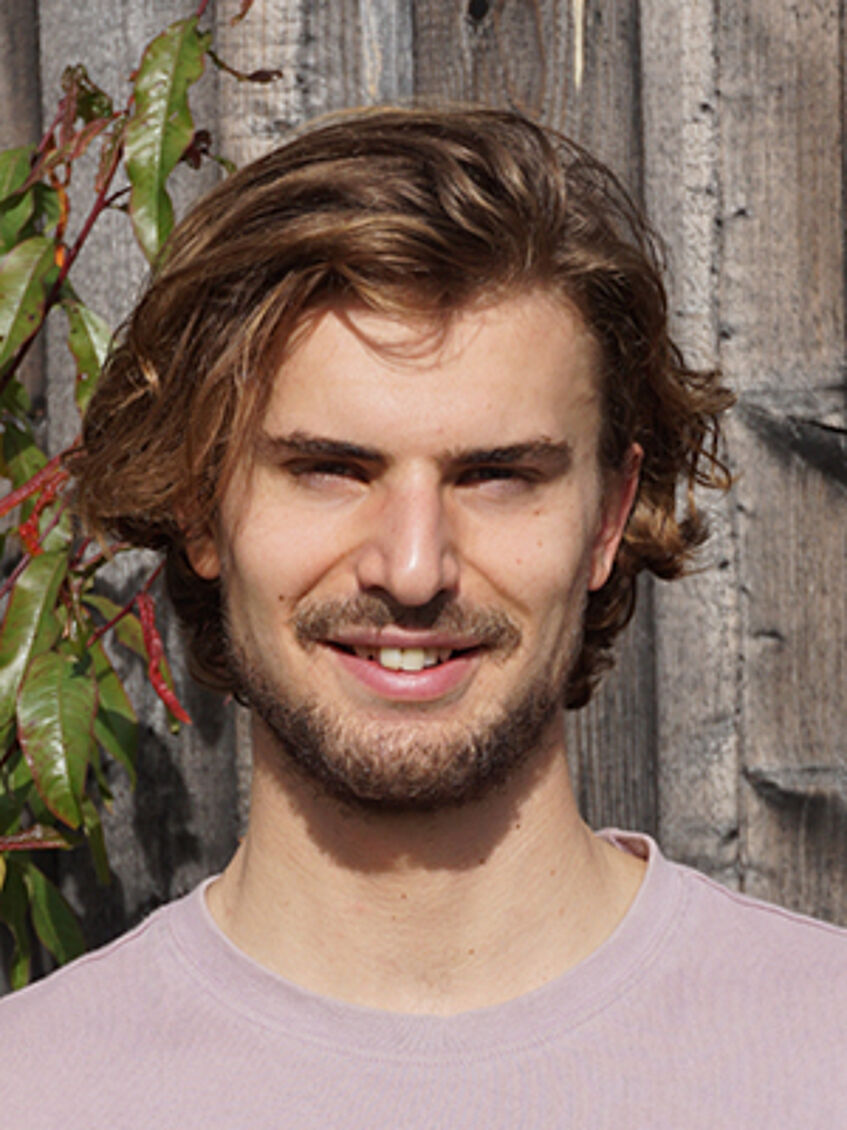
Leopold Micheler
Leopold Micheler
MSc at the TU Wien; sports science student, certified fit instructor, windsurfing coach, certified lifeguard, certified snowboard instructor, basketball trainer, former player in first division men’s basketball in Austria, active basketball player in the Austrian College Sports League; teaching experience in Carinthia, Styria, Salzburg and Vienna.
Werner Neudeck
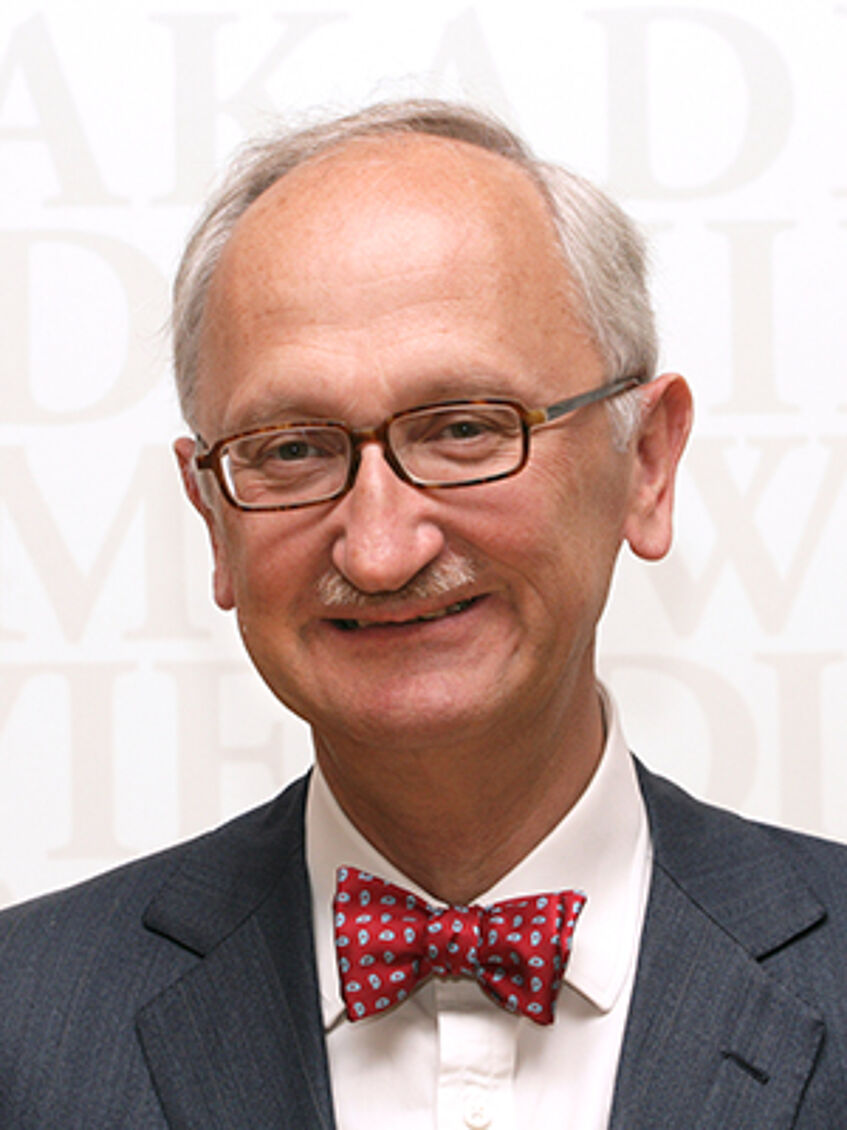
Werner Neudeck
Werner Neudeck
Studied at the University of Vienna (Mag. and Dr. rer.soc.oec.) and the University of Oxford; Professor Emeritus of International Economics and Chairman of the Academic Board at the Diplomatic Academy of Vienna; 1997-2020 Academic Dean of the Master of Advanced International Studies Program (University of Vienna/Diplomatic Academy of Vienna); former AGIP Professor of International Economics at the Bologna Center of the Johns Hopkins University SAIS (1994-1997) and Senior Economist of the International Monetary Fund at the Joint Vienna Institute.
Selected Publications: Fee-for-Service and Quantity Rationing in the Physician Services Market (1991); together with E. Streissler: Wachstums- und Umweltpolitik (1994); together with K. Podczeck: Adverse Selection and Regulation in Health Insurance Markets: An Analysis of Recent Policy Proposals (1996); Das österreichische Gesundheitssystem: Eine ökonomische Analyse (2002); The Global Impact of the EU as an Economic and Monetary Actor (2004).
Paul Oberhammer
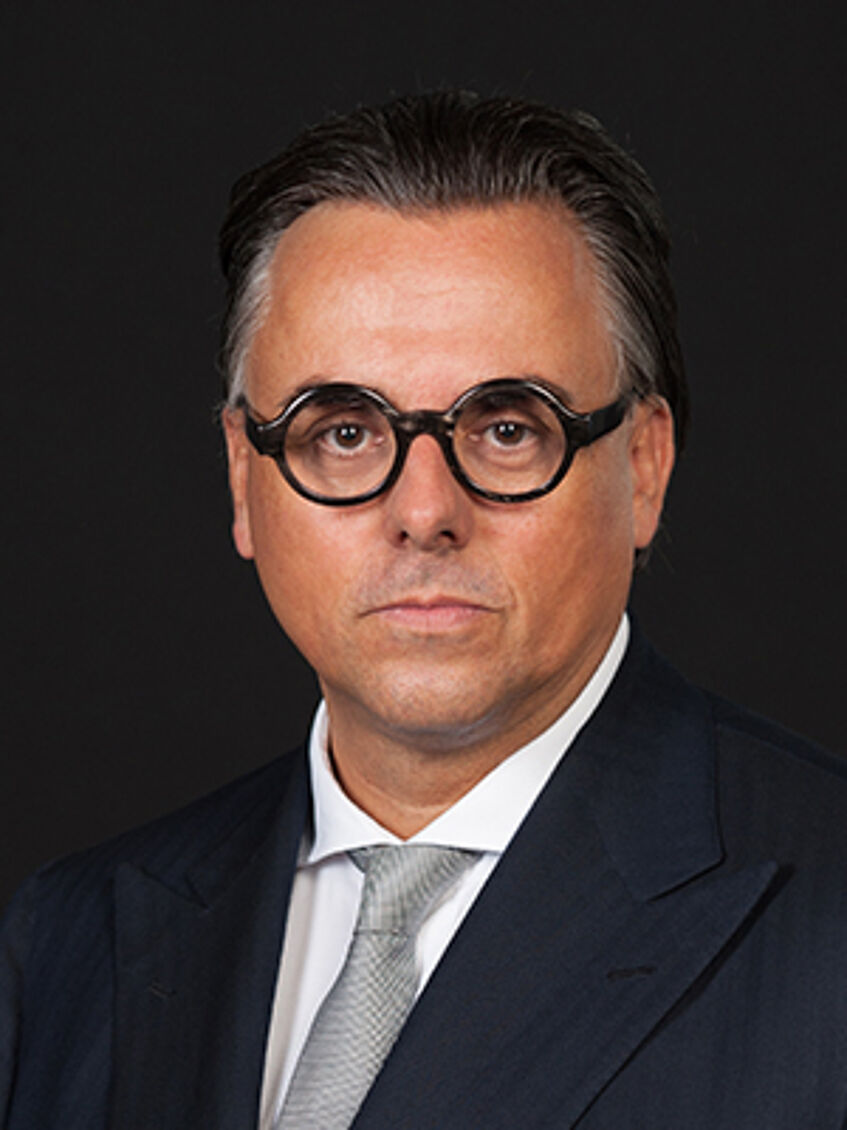
Paul Oberhammer
Paul Oberhammer
Professor at the University of Vienna; admitted to the bar in Hamburg, Germany; serves as of counsel with Wilmer Cutler Pickering Hale and Dorr, London (International Arbitration Practice Group); chairman of the working group that drafted the Austrian law on arbitration which was enacted in 2006; practical experience in different fields of arbitration as sole arbitrator, co-arbitrator and chairman, mainly in international commercial disputes.
Author of about 300 legal publications, among them studies on international arbitration, litigation, civil and commercial law.
Oliver Rathkolb
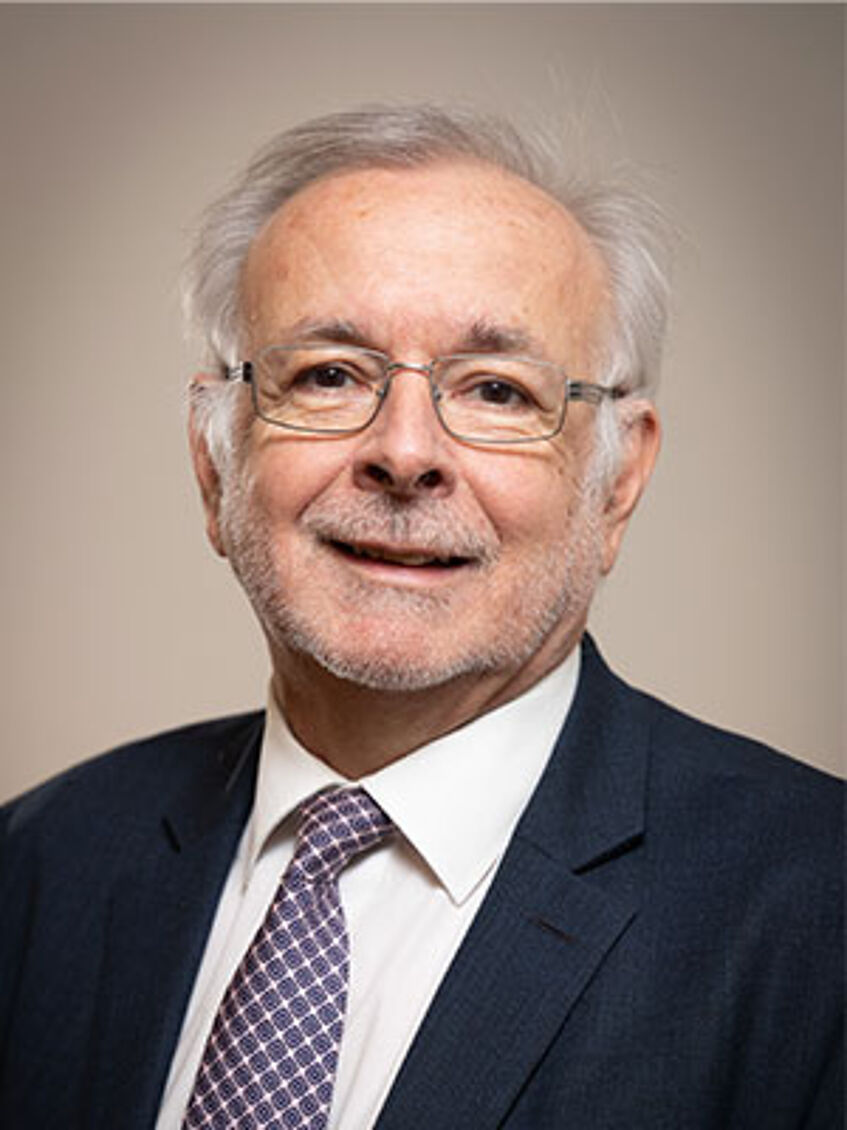
Oliver Rathkolb (© Parlamentsdirektion Ulrike Wieser)
Oliver Rathkolb
Professor at the University of Vienna Department of Contemporary History (2006-2024); chairperson of the Vienna Institute for Cultural and Contemporary History and Arts (VICCA) and the international scientific advisory board of the House of European History (European Parliament, Brussels); member of the advisory board of the Jewish Museum Vienna and the Archive of the Salzburg Festival.
Author of several books focusing on contemporary history; editor and co-editor of several studies concerning interdisciplinary questions of contemporary history and communications/media history; managing editor of the journal “zeitgeschichte” and the publication series “Zeitgeschichte im Kontext”; his prize-winning study “The Paradoxical Republic: Austria 1945–2020” was published in 2021; his study on „Economy of Fear. The Return of the Nervous Age“ (2025) compares the effects of turbo-globalizations on societies in Europe per 1914 and since the late 1980s.
Martina Ruf
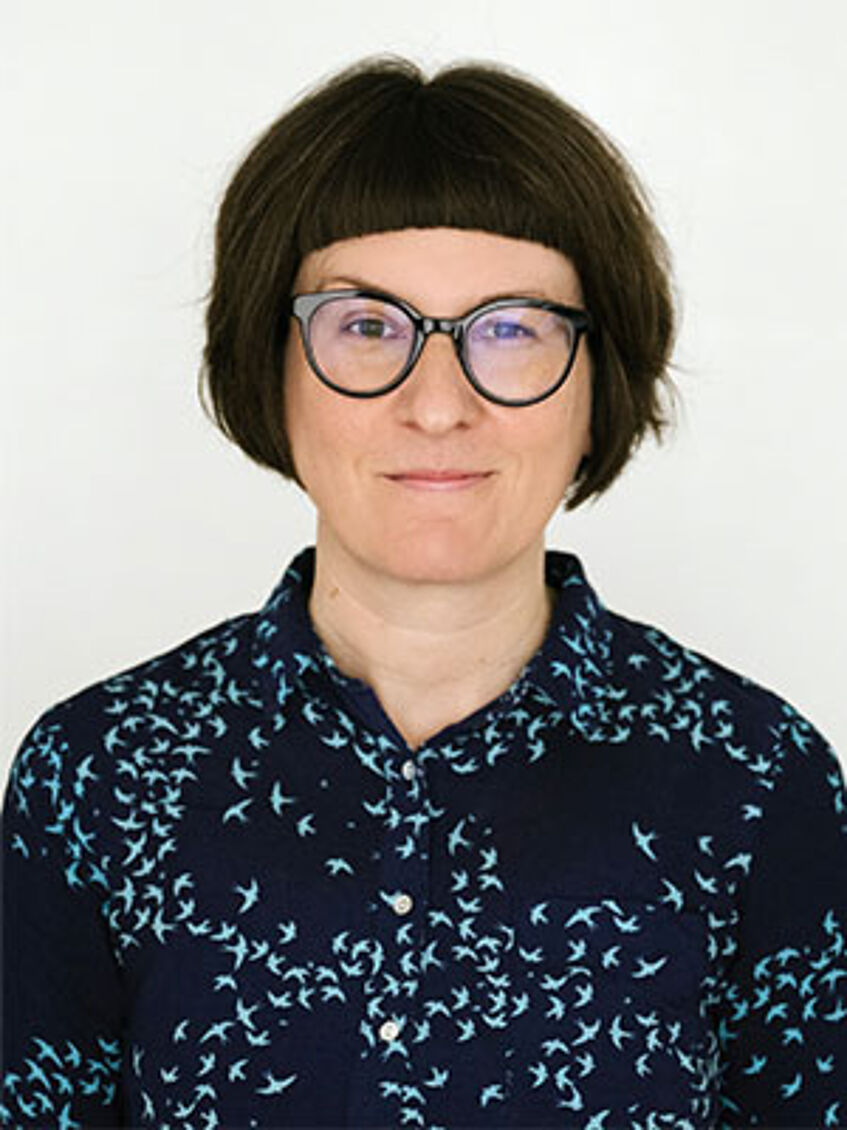
Martina Ruf (© Nikki Harris)
Martina Ruf
Studied English & American Studies and German as a foreign/second language at the University of Vienna, University of Nottingham and UC Santa Barbara (USA); taught German as a foreign language, Austrian & German Cultural Studies and German for Law students at Queen Mary University of London; currently teaching German courses at the University of Vienna Language Centre.
Bernhard Schima
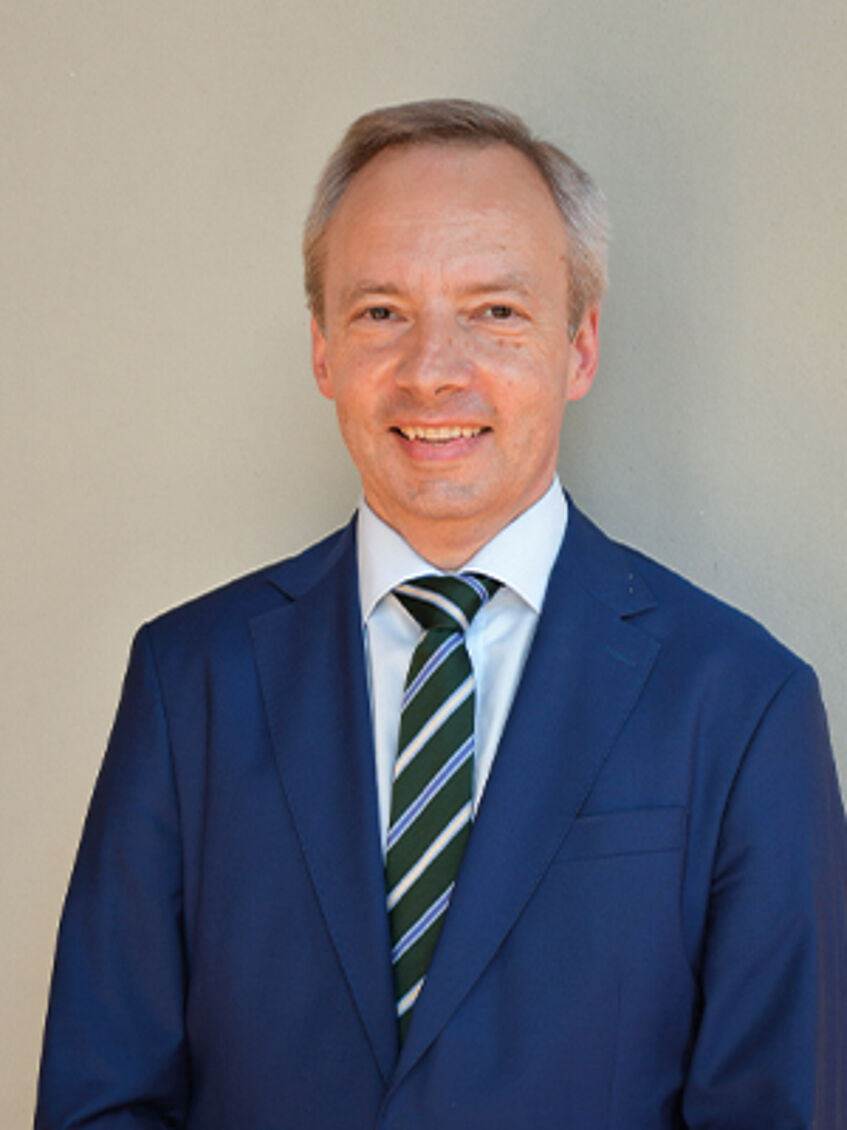
Bernhard Schima (© SHS)
Bernhard Schima
Director and Principal Legal Adviser in the European Commission's Legal Service; studied law in Vienna (magister iuris 1991, doctor iuris 1994) and Paris and at Harvard Law School (LL.M. 1994); from 1995 to 2003 member of the chambers of Judge Dr Peter Jann at the Court of Justice of the EU; joined the European Commission’s Legal Service in 2003; postdoctoral qualification to lecture in European law (Habilitation) obtained at the University of Graz in 2004; honorary professor of European Law at the Vienna University of Economics and Business (since 2010).
Selected publications: Das Vorabentscheidungsverfahren vor dem EuGH. Unter besonderer Berücksichtigung der Rechtslage in Österreich und Deutschland (3rd ed. 2015); EU fundamental rights and Member State action after Lisbon: putting the ECJ's case law in its context, Fordham International Law Journal 2015, 1097-1133; author and co-author of several contributions in: Jaeger/Stöger (eds.), Kommentar zu EUV und AEUV, and in: Kellerbauer/Klamert/Tomkin (eds.), Commentary on the EU-Treaties and the Charter of Fundamental Rights (2nd edition 2024).
Andreas Schloenhardt

Andreas Schloenhardt (© Andreas Schloenhardt)
Andreas Schloenhardt
PhD (University of Adelaide); Professor of Criminal Law, School of Law, The University of Queensland, Brisbane, Australia; Honorary Professor of Foreign and International Criminal Law, University of Vienna, Austria; consultant to the United Nations Office on Drugs and Crime (UNODC), Vienna; Visiting Professor, University of Zurich, University of St Gallen, Switzerland, and University of Ferrara, Italy; principal areas of research: criminal law, organized crime, smuggling of migrants, trafficking in persons, wildlife and forest crime, irregular migration and immigration and refugee law; adjunct appointments and visiting professorships at Bucerius Law School, Hamburg (2016 and 2013); National University of Singapore Faculty of Law (2011), University of British Columbia, Vancouver (2007–2009); Monterey Institute of International Studies, Monterey, CA (2006–2009); recipient of a Fellowship from the Winston Churchill Memorial Trust (2011-2012).
Slavica Serdar
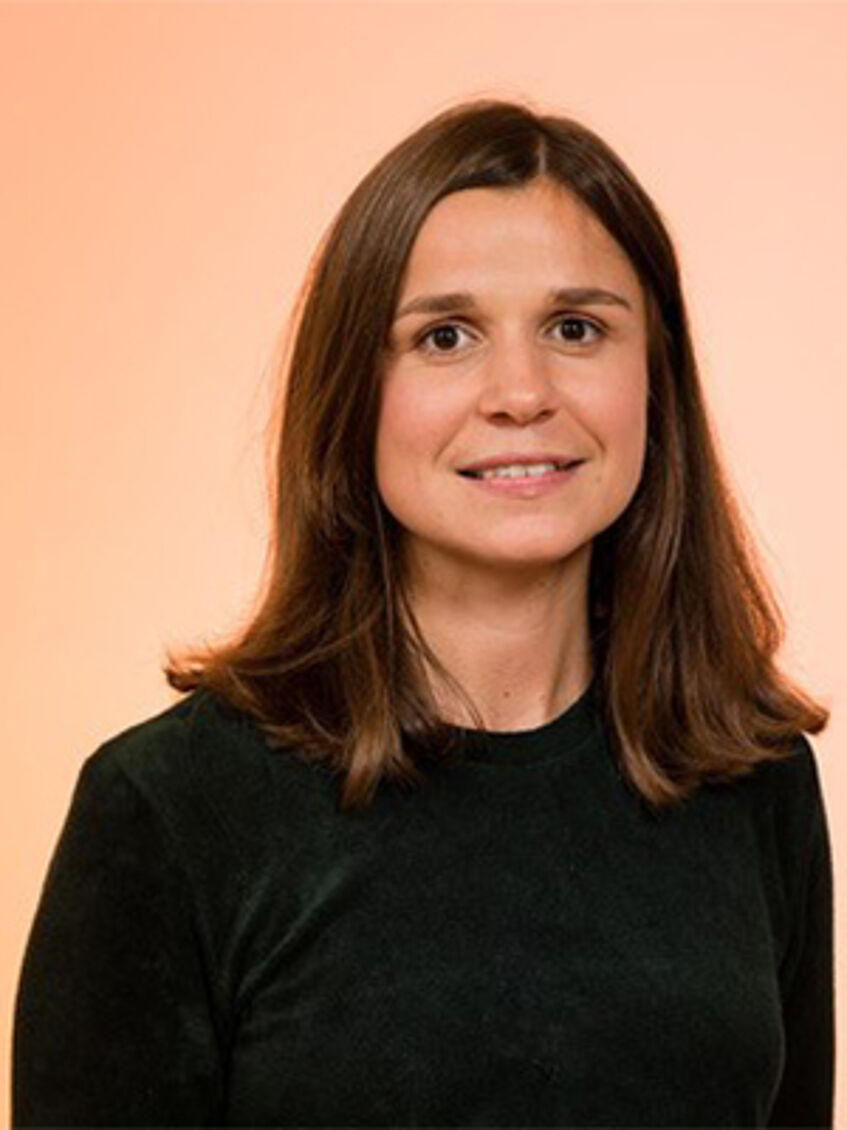
Slavica Serdar
Slavica Serdar
Master in Translation Studies (German, English and Croatian) at the Department of Translation Studies in Graz; studied translation studies at the Dublin City University; certificate in German as a Foreign/Second Language from the University of Graz; currently teaching German courses at the Language Center of the University of Vienna.
Stefan Wedrac
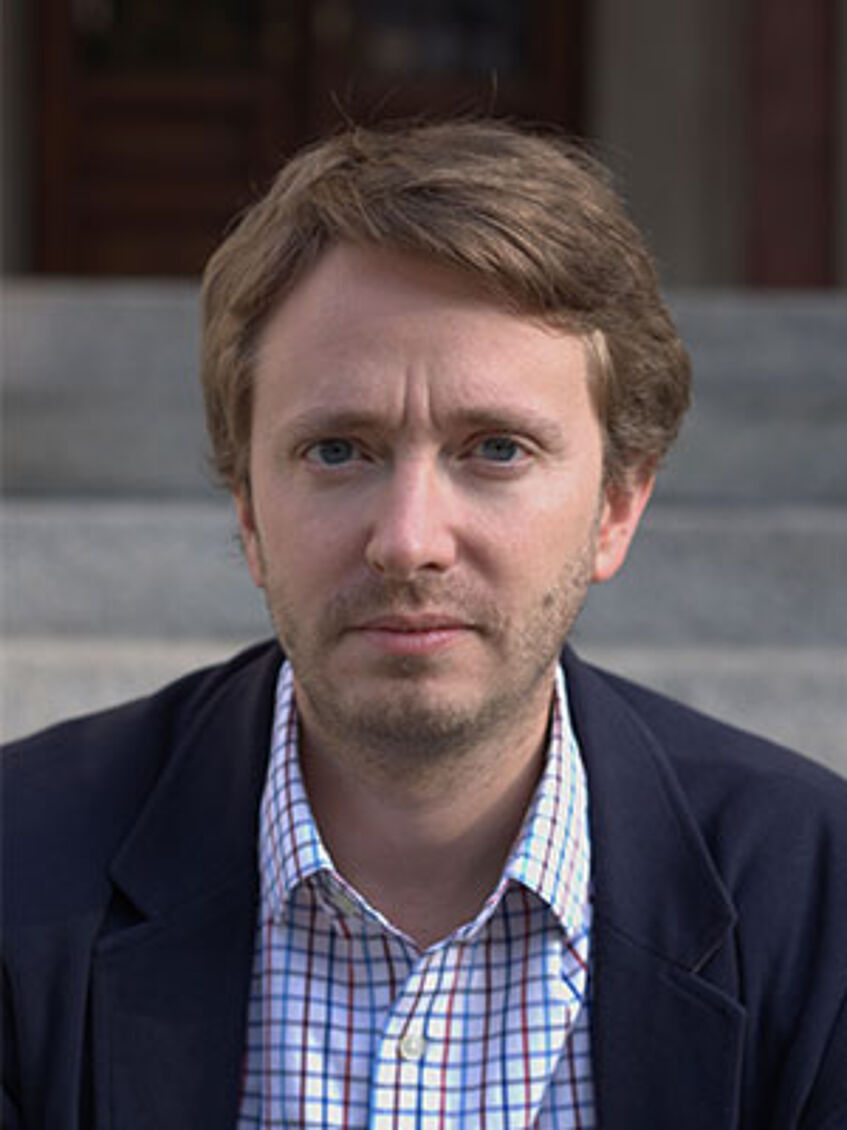
Stefan Wedrac (© Esther Ayasch)
Stefan Wedrac
Historian working at the Austrian State Archives in Vienna; research fellow at the Institute of Legal and Constitutional History at the Law Faculty of the University of Vienna and lecturer at the WFU Flow House in Vienna; previously, he has been a researcher at the Museum of Military History in Vienna and the Department of Modern and Contemporary History of the Austrian Academy of Sciences and is a former lecturer at IES Vienna; his research and publication topics include Austrian-Italian History (especially Trieste), History of World War I, Contemporary History (National Socialism), Brewing History, Health Insurance History, and Legal/Judicial History.
Selected publications: together with Marion Dotter: Der hohe Preis des Friedens. Die Geschichte der Teilung Tirols 1918–1922 (2018); Die Brauerei Zipf im Nationalsozialismus. Ein österreichisches Brauunternehmen zwischen NS-Kriegswirtschaft, V2-Rüstungsbetrieb und KZ-Außenlager (2021); together with Ina Markova: Hamburg des Ostens? Der Ausbau des Wiener Hafens in der NS-Zeit (2023).
With all faculty members at Sommerhochschule, I had opportunity to acquire the most advanced knowledge and to develop the necessary skills and attitudes so vital for me in future."
Ivana Premerl (Croatia)
